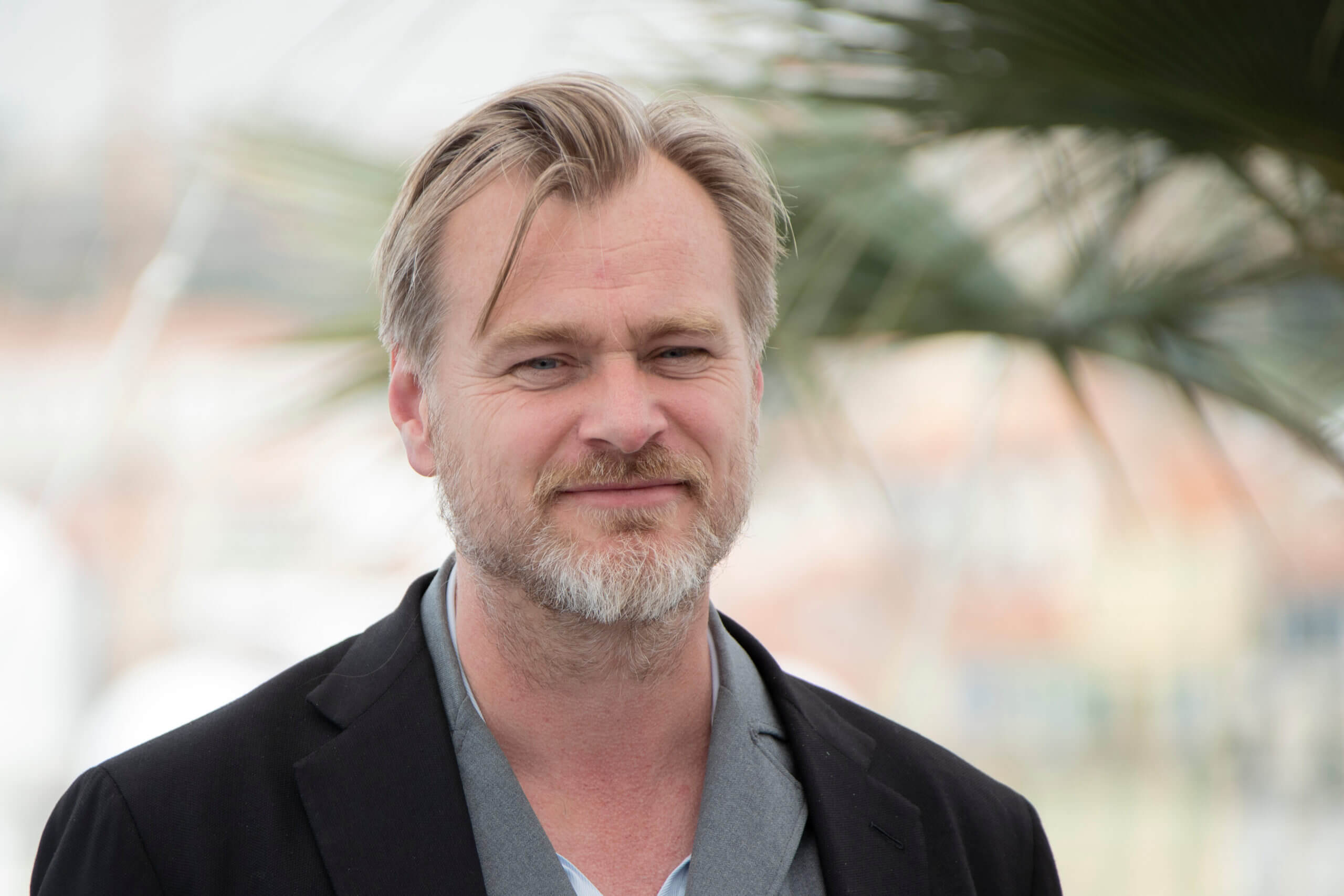
Is dialogue important in film? Well, duh. Of course dialogue is important in the expository and conversational medium of storytelling. However, if you listen to the great and celebrated filmmaker Christopher Nolan, apparently it’s not too important. Christopher has had a long-standing feud of sorts with fans, critics, and even fellow filmmakers.
The contretemps seems to have begun in earnest with The Dark Knight Rises (2012), where Tom Hardy’s Bane taunted and threatened everyone in sight through an actual muzzle-like mask. Bane’s inaudible speech has become both a joke among Hollywood insiders and movie freaks, and a badge of honor for Nolan himself. The English director defiantly stated at the time that it was okay for a moviegoer not to understand what was said at times, just as long as the overall idea was conveyed.
That sentiment alone conveys the singular mindset of a fiercely independent auteur obsessed with his own vision and relatively unconcerned with expectations and corporate obligations. But a director of Nolan’s stature seems to also have the backing of the studios, being that a high-level exec had this to say about the matter: “Chris wants the audience to catch up and participate rather than push everything at them. He doesn’t dumb things down. You’ve got to pedal faster to keep up.”
Nolan received similar spasms of criticism in regards to sound with his 2014 sci-fi epic Interstellar. “We got a lot of complaints,” he said. “I actually got calls from other filmmakers who would say, ‘I just saw your film, and the dialogue is inaudible.’ Some people thought maybe the music’s too loud, but the truth was it was kind of the whole enchilada of how we had chosen to mix it.” The Memento director went on to say, “It was a very, very radical mix. I was a little shocked to realize how conservative people are when it comes to sound. Because you can make a film that looks like anything, you can shoot on your iPhone, no one’s going to complain. But if you mix the sound a certain way, or if you use certain sub-frequencies, people get up in arms.”
Even in a pristine audio environment, Nolan’s latest COVID-era mind-bender Tenant would be difficult to understand. Like many of the famous director’s films, it’s filled with allegorical audacity, mysterious liaisons, and an assortment of betrayals. But to make matters more cryptic, the sound mix makes a portion of the dialogue virtually impossible to decipher. The plot follows a secret agent as he manipulates the flow of time to prevent World War III, and the dialogue is straight out of mumblecore.
Many people who watch Nolan’s films at home find themselves cranking up the volume to hear the dialogue, only to be met with overwhelming music, gun shots, or explosions the next moment—and frantically trying to lower the volume on the remote. Some resort to relying on subtitles. Even a movie theater manager expressed grievances with Nolan’s films because a steady stream of audience members complain about the sound issues. “We literally just had a tech out who tested and rebalanced everything. We’ve done so many refunds and passes simply because a lot of people can’t hear the dialogue,” he said.
So, how important is audible dialogue in a feature film? Do we need to understand the characters’ conversations and monologues? Or is it sufficient to grasp the spirit and intention of the scene? The answer seems simple enough, but just look at the success of Christopher Nolan films, and you have to wonder. Indeed, he’s one of the top-grossing directors in both the domestic and worldwide box office.
Want to get your acting career started? Sign up or login to Casting Frontier and start auditioning today!
Related articles:
Casting Directors Discuss What They Love About Their Jobs
Roles Tailor-Made for Specific Actors
Working in a Wheelchair: Actor Gerald Isaac Waters of Netflix’s ‘All Together Now’ Weighs In




